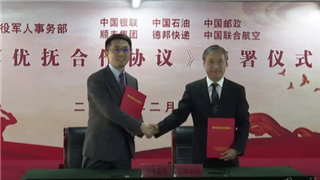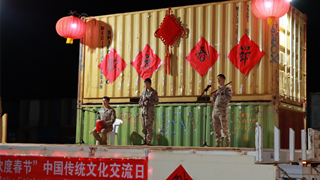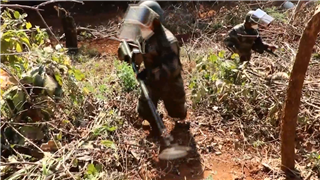By Khalid Taimur Akram

Every March, nearly 5,000 delegates gather in Beijing to set and endorse the national agenda at the annual sessions of the National People's Congress and the Chinese People's Political Consultative Conference National Committee, generally referred to as lianghui, or the "two sessions".
The NPC, with nearly 3,000 deputies, represents China's provinces, autonomous regions and municipalities, examines and approves issues that are crucial for national development and safeguarding the interests of the people, such as the plan for national economic and social development (usually the Five-Year Plan) and the report on its implementation, as well as the State budget and the report on its implementation.
The annual sessions of the NPC and the CPPCC National Committee are held almost simultaneously. But they are separate events. In the meetings, a wide range of issues are highlighted, from economic growth and political development to health, sports, national affairs, environmental challenges, laws and international issues.
The annual report presented on the occasion gives details of the country's economic growth and performance in the previous year, and sets the course for the government to take the necessary measures in the current year. And although economic and social development is considered the core element of the report, it also includes vital information on diplomacy and military operations, and the accounts of the Hong Kong and Macao special administrative regions, and Taiwan.
For example, last year, the two sessions discussed a series of policies and measures, including the 14th Five-Year Plan (2021-25) for National Economic and Social Development and the Long-Range Objectives Through the Year 2035.
The NPC and its Standing Committee exercise the legislative power of the State, as the NPC has the power to amend the Constitution and enact and amend basic laws governing criminal offenses, civil affairs, State agencies and other matters. The NPC also exercises the powers and functions to appoint or remove top officials.
No wonder the two sessions draw worldwide attention, and offer journalists the opportunity to get the answers to their questions from the Chinese premier and other ministers. In fact, the two sessions are a window to China's development and considered an embodiment of socialism with Chinese characteristics. The annual sessions are of critical importance to China, but they also have a huge impact on the wider world.
As for the CPPCC, it serves as a key element of China's multiparty mechanism. As a specialized body for socialist consultative democracy, the CPPCC promotes unity, strengthens multiparty cooperation, and practices people's democracy in the process of political consultation.
At their annual session, the members of the CPPCC National Committee submit proposals for deliberation, and also attend the NPC session during discussions on the amendments to laws and on the work reports of the central government, the Supreme People's Court and the Supreme People's Procuratorate.
This entire legislative, administrative and consultative system, which ensures all the people play a part in overseeing the government's work, forms China's model of democracy.
The two sessions this year will attract added global attention because they will be held just after the conclusion of the successful 2022 Winter Olympic Games in Beijing and against the backdrop of the Ukraine crisis and the yet to be effectively contained COVID-19 pandemic. The sessions are also important because they are likely to provide a road map for China's economic growth, domestic and foreign policies, global outreach and sustainable development in all sectors, and highlight the achievements China has made on different fronts in 2021.
The annual sessions of the NPC and the CPPCC National Committee exhibit the extraordinary conduct of statecraft and the issuing of policies by the Chinese leadership, which are aimed at propelling the country's economic development and raising its status on the global stage.
This year's two sessions will be noteworthy to observe also because of China's determination to boost its resilience and expedite its socioeconomic transformation in order to realize national rejuvenation.
The annual sessions not only provide a road map for China's continued development but also set priorities for enhancing China's regional/global outreach through new initiatives or projects.
The year 2021 was a landmark year as it saw China make great economic and social achievements, and launch new projects. Of course, China worked arduously throughout the year to achieve the desired results.
And since the Year of the Tiger represents the strength, courage and bravery of China, the country will resolutely move forward on the road to building a great modern socialist society that is prosperous, strong, democratic, culturally advanced, harmonious and beautiful.
The author is the executive director of the Center for Global and Strategic Studies, Islamabad, Pakistan.
The views don't necessarily reflect those of China Daily.
?











